Most serious readers of the New Testament know that there are thousands of minor textual variants among the hundreds of ancient manuscripts available to us. And most recognize that there are no make-or-break theological issues that hang solely on a variant reading.
My colleague Philip Comfort has written a scholarly (yet very readable) compendium of the major variants called New Testament Text and Translation Commentary (Tyndale House Publishers, 2008). If you have a question about any textual variant, Phil undoubtedly addresses it in this book.
An interesting textual variant is in 1 Cor 13:3. Which of these English translations reflects what Paul originally wrote?
NIV: If I give all I possess to the poor and surrender my body to the flames, but have not love, I gain nothing.
TNIV: If I give all I possess to the poor and give over my body to hardship, that I may boast, but do not have love, I gain nothing.
The difference between the two translations reflects a single letter within a single word in the Greek. The translators have to choose between kauthesomai (“that I may be burned”) and kauchesomai (“that I may boast”). Pretty big difference, though neither variant is central to Paul’s point, which is the need for love.
The Textus Receptus reads kauthesomai, which is followed by KJV, ASV, RSV, NASB, TLB, NEB, NIV, NKJV, ESV, and HCSB.
The UBS Greek text chooses kauchesomai as the more likely original reading. This variant is followed by NRSV, NAB, NLT, TNIV, and NET.
Note the movement within revisions of English translations:
RSV (“to be burned”) to NRSV (“I may boast”). But ESV, which is also a revision of the RSV, retains “to be burned.”
TLB (“burned alive”) to NLT (“I could boast”).
NIV (“to the flames”) to TNIV (“I may boast”).
For the most part, the newest generation of translators have chosen to follow the UBS text. I wouldn’t expect the NKJV to switch, because it is philosophically committed to following the Textus Receptus. But it will be interesting to watch over the next decade to see if NASB, ESV, or HCSB switches to the alternate reading.

Thanks for the illumination. I'm thinking, hairshirts and flagpoles–self-made "hot seats"–especially since they are public displays of hardship. Would anyone really want to be burned alive for a smokin' chance to boast? Of course there's an effective hyperbole in the flames.
Perhaps common sense can solve this variant:
How could one boast after being burnt to death?